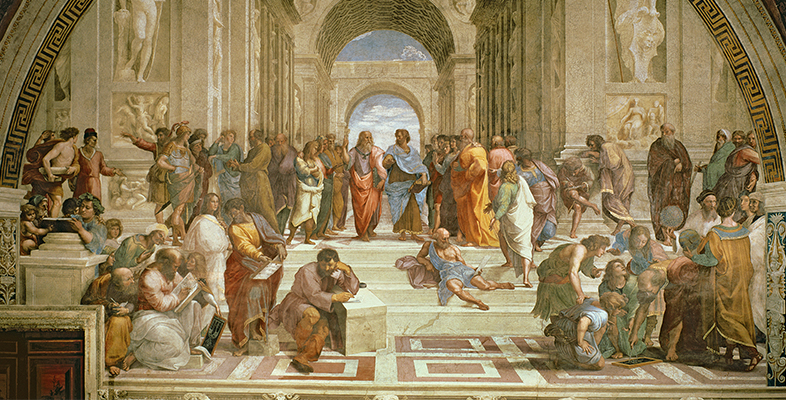4 Elliot: Part I
In this section, you will start reading Elliot’s classic article about the restoration thesis.
In the article, Elliot mentions some historical examples, but you don’t need to know the specifics of these to understand the overall point he is making. However, he mentions something which may be new to you: the ‘familiar ethical system’ of utilitarianism. (In the first paragraph, he uses the term ‘utilitarian’ in a non-technical sense – he is saying that people consider the dunes to have value apart from them being useful.) He considers two versions of the ethical system: ‘preference utilitarianism’ and ‘classical utilitarianism’. Generally, utilitarianism provides a method for deciding what ought to be done in a given situation: it claims that you ought to do whatever maximises ‘the good’. Preference utilitarianism holds that ‘the good’ (what you ought to maximise) is the satisfaction of people’s preferences. That is, you should do what will give most people what they want. Classical utilitarianism holds that ‘the good’ (what you ought to maximise) is happiness. That is, you should do what will make most people happy.
Elliot’s article is divided into four parts. Part I, which you will read this week, introduces the problem.
Activity 3
Read Part I of ‘Faking Nature [Tip: hold Ctrl and click a link to open it in a new tab. (Hide tip)] ’ by Robert Elliot (1982, Inquiry: An Interdisciplinary Journal of Philosophy, vol. 25. no.1, pp. 81−93).
Then answer the questions below.
- Does Elliot think rebutting the restoration thesis will be a ‘knock down argument’ against environmentally disruptive policies?
Answer
- No he does not. He acknowledges that there might be counteracting arguments which show that the environmental disruption should go ahead (pp. 82−83).
- Does he think opposition to the restoration thesis can be shown to be rational?
Answer
- He does. If he is correct, he will show that environmentalists are ‘not merely silly, or emotional, or irrational’ (p. 83).
- What does Elliot think is wrong with utilitarian objections to the restoration thesis?
Answer
- He thinks they ‘do not reflect the underlying motivation of the conservationists’ (p. 83).
Elliot has set up the problem for you. Next week, you will look at his take on the solution.
